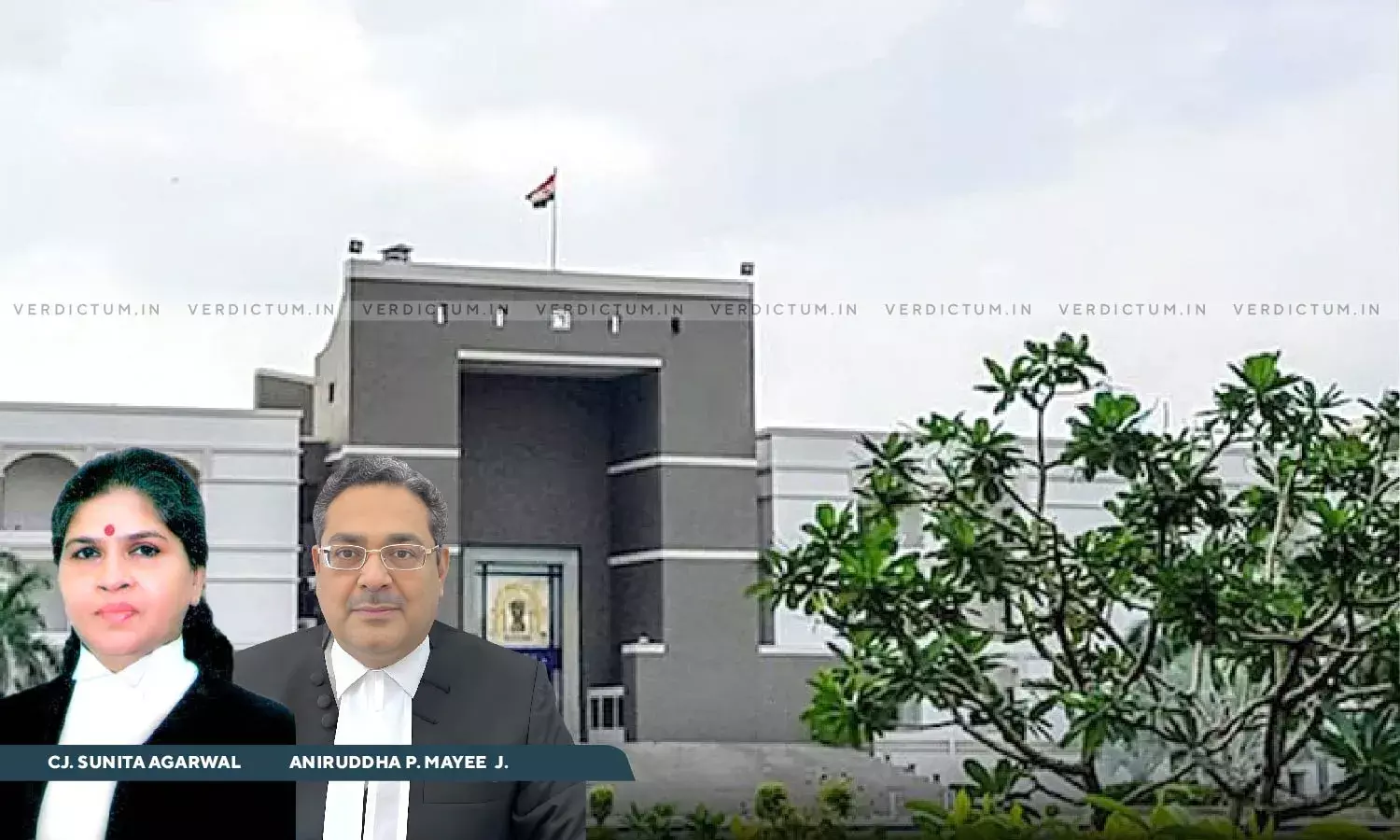"District Judge Decided Application U/S 34 A & C Act As An Appellate Court": Gujarat HC Restores Arbitration Award In Favour Of ONGC
The Gujarat High Court allowed an appeal filed by the Oil & Natural Gas Corporation against the judgment passed by the District Judge which set aside an arbitral award.
In that context, the Bench of Chief Justice Sunita Agarwal and Justice Anuruddha P Mayee observed that, "we find that the learned District Judge has decided the application under Section 34 of the Arbitration Act as an Appellate Court ignoring the provisions of Section 34 of the Arbitration Act. The findings as recorded by the learned District Judge are based on reappreciation of evidence, which is not permissible. We find that the learned District Judge has re-appreciated all the claims, counter-claims, documents and the evidence on record while allowing the application under Section 34 of the Arbitration Act."
In this case, a First Appeal under Section 37 of the Arbitration and Conciliation Act, 1996, challenged the judgment and order dated March 31, 2009, passed by the Additional District Judge. The District Judge had set aside an arbitration award dated June 3, 2002.
The appellant had invited tenders for constructing multi-storied residential units for ONGC Township in Vadodara. The respondent contractor's bid was accepted, and an agreement was executed, with work to commence on March 31, 1985, and be completed by June 30, 1986. Various disputes arose during the execution of the work, leading the respondent contractor to file a Special Civil Suit, raising multiple claims. The appellant opposed the suit, citing an arbitration agreement, which was eventually confirmed by the Supreme Court, referring the dispute to a Sole Arbitrator.
The respondent contractor filed a Statement of Claim, and the appellant filed a reply and a counter-claim. After hearing the arguments, the Arbitrator's award allowed two claims of the respondent contractor and rejected the rest, also allowing the appellant's counter-claim for liquidated damages and ordered a refund for overpayment on the ground of escalation. The Arbitrator awarded interest at 12% per annum on the amounts.
The respondent contractor then filed an Arbitration Misc. Application in the District Court, Vadodara, which resulted in the award being set aside.
The appellant's counsel argued that the District Judge had erred by interfering with the Arbitrator's well-reasoned award on untenable grounds. They contended that the Arbitrator had made decisions based on written submissions and measurement book entries maintained by the appellant and countersigned by the respondent. The District Judge was accused of re-appreciating evidence and overstepping the bounds of Section 34 of the Arbitration Act. The appellant sought to have the District Judge's judgment quashed and set aside.
The High Court observed that, "It is now well settled that the standard of scrutiny of award can be done only on the grounds envisaged under Section 34 of the Arbitration Act. Judicial review and re-appreciation of evidence are impermissible unless it is made out that the view taken by the Arbitrator is based on patent illegality or on the interpretation of the facts and terms of the contract, which are absolutely perverse. The Court does not sit in appeal over the arbitral award and can only interfere on merits on the limited ground as provided under Section 34(2)(b)(ii), if the award is against the public policy of India, and the award should be in compliance with the Statutes and judicial precedents while adopting a judicial approach and in compliance of the principles of natural justice."
In light of the same, the Court noted that the view taken by the Arbitrator was a plausible one and in terms of the contract entered into between the parties.
Subsequently, the Court took the considered opinion that the jurisdiction exercised by the District Judge under Section 34 of the Arbitration Act was bad in law, and was set aside. The award passed by the Arbitrator was upheld and restored.
Cause Title: Oil & Natural Gas Corporation Ltd. vs David Parkar Construction Ltd.
Click here to read/download the Judgment




